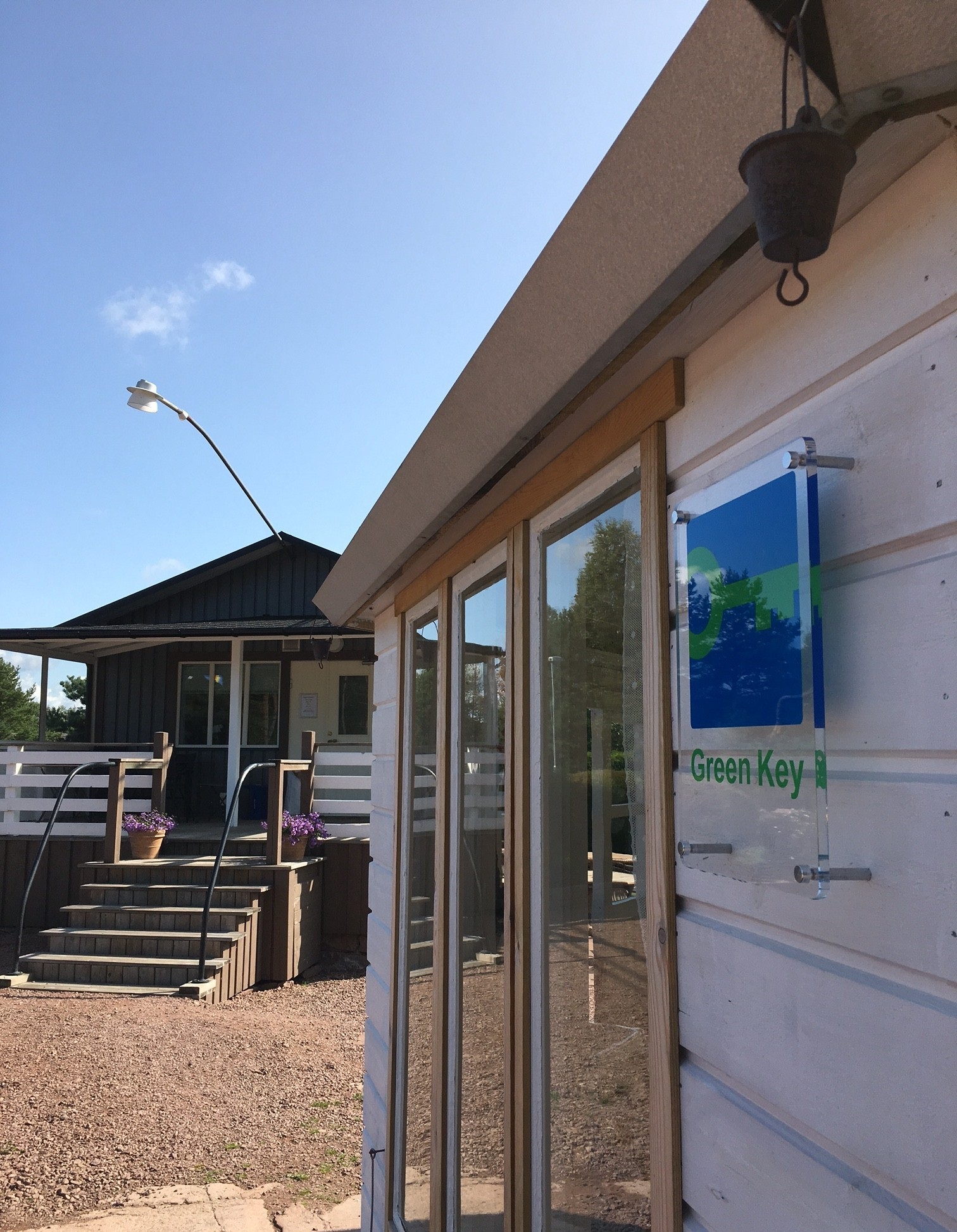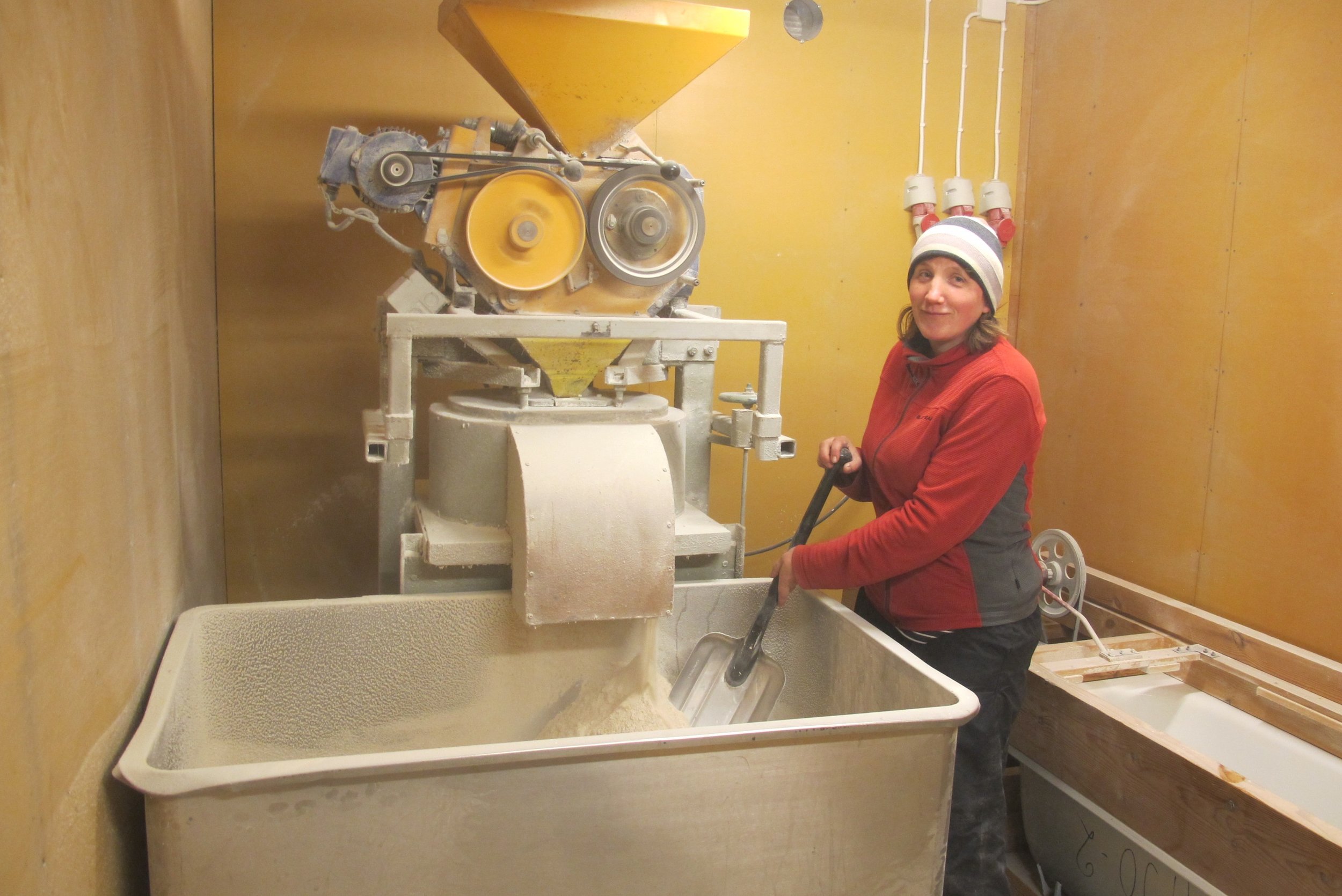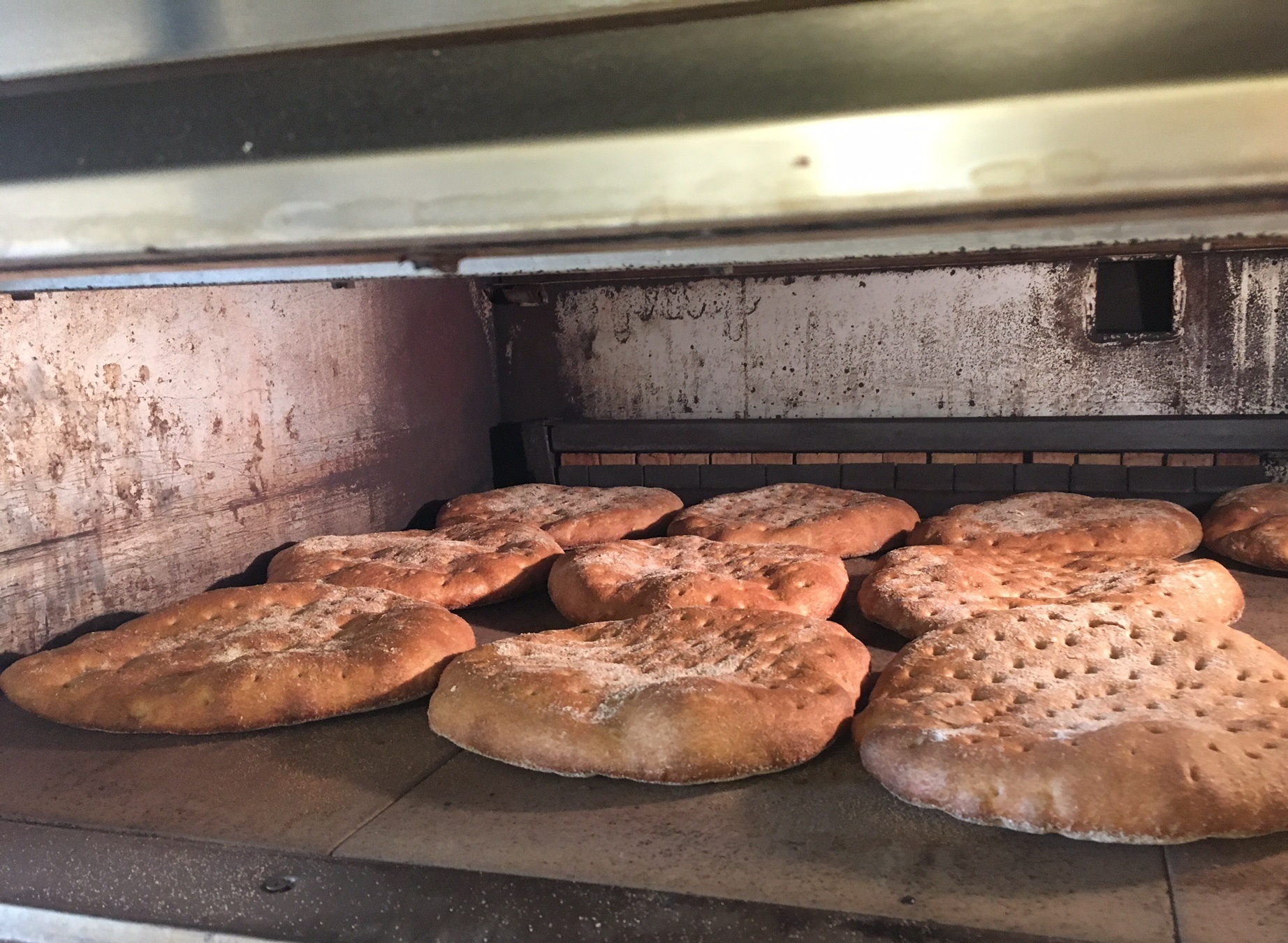Green Key is a leading standard of excellence in the field of sustainable tourism, guiding tourism establishments to do their part in achieving the 17 Sustainable Development Goals set by the UN. In the past months, we presented all 17 SDGs and explained their connection to Green Key. Today we talk about the last goal, SDG 17!
In 2015, the UN member states adopted the 17 Sustainable Development Goals to guide governments, the private sector and civil society in transforming our world into a safer, fairer and more livable place.
On this page, you will learn more about Goal 17: "Strengthen the means of implementation and revitalize the global partnership for sustainable development".
What is Goal 17 about?
According to the UN, “Achieving the ambitious targets of the 2030 Agenda requires a revitalised and enhanced global partnership that brings together Governments, civil society, the private sector, the United Nations system and other actors and mobilises all available resources. Enhancing support to developing countries, in particular the least developed countries and the small island developing States, is fundamental to equitable progress for all”. In the link above, you can read about the targets and indicators to Goal 17.
Green Key’s global profile involves cooperation and partnerships among multiple stakeholders from the public, private and NGO sectors at various levels: At the local level between staff, guests, suppliers, and the surrounding community and at the national and international level between NGOs, corporate partners, authorities, and other partners involved in sustainable tourism.
How does Green Key help to achieve goal 17?
Sustainable development can only be attained when businesses, civil society, NGOs, and governments contribute together to the same goals. Green Key believes in SDG 17’s global partnership for sustainable development and harnesses the power of its multi-stakeholder network to move further in the transition towards sustainability (SDG target 17.16).
Additionally, Green Key is partnering up with companies and startups in the field of clean technologies and smart solutions to spread sustainable technology as far and as broadly as possible (SDG target 17.7).
Green Key is also engaging with partner countries (with essential help from National Operators), institutional stakeholders, and NGO partners in the process of building collective capacity for sustainability (SDG target 17.9), for example by actively requiring establishments to measure their consumption and quantify their impacts on the environment.
Although SDG 17 shapes all actions undertaken by Green Key as a programme, we point out some of the ways 2022-2025 criteria help achieve the aforementioned targets:
STRONG LOCAL PRESENCE – Thanks to Green Key's global network encompassing around about 60 countries, the programme can count on a variety of sustainable tourism experts who are ready to share their experience, knowledge, and ideas in close contact with applicant establishments all over the world. National Operators speak the local language, know national regulation and culture, and can assist establishments more closely in their path towards sustainability;
INDEPENDENT, UNBIASED DECISION-MAKING - In most countries running the Green Key programme, either national juries composed of stakeholders from different sectors (e.g. national establishment associations, ministries of tourism/environment, representatives of the private sector or NGOs, etc.) or third-party auditors take the decision on the award, which ensures a broad and independent verification of the requirements, as well as a transparent and unbiased decision-making process;
PARTNERING UP WITH LOCAL COMMUNITIES - Green Key certified establishments must establish an active collaboration with relevant local stakeholders to enhance their active role in boosting environmental awareness and in promoting environmentally friendly practices in their surroundings (criterion 11.6). The aim of the programme is to actively engage businesses as ambassadors of sustainability and drivers for eco-friendly change across society;
RELIABLE SUSTAINABILITY DATA – In line with SDG targets 17.18 and 17.19, Green Key believes in integrating education and awareness raising with a quantitative approach to the measurement of sustainability. Establishments are asked to register monthly/annual data on energy (criterion 7.1), water (criterion 4.1), waste (criterion 6.10), food waste (criterion 8.6) and GHG emissions (criterion 1.6) and input them in sustainability accounting database ECO-OS for further analysis by the Green Key staff. Annual reports are given back to the establishments, identifying opportunities for improvements and general trends in their environmental performance. Organised information on how the establishment is doing in terms of sustainability can support management and help leaders take more informed decisions to lower negative impacts on the environment and significantly move the hospitality industry closer to the common sustainability goal.
A document describing Green Key’s overall contribution to all 17 Sustainable Development Goals can be downloaded here.
















